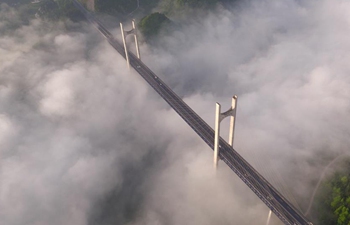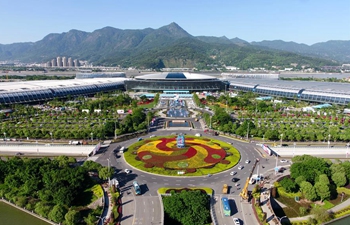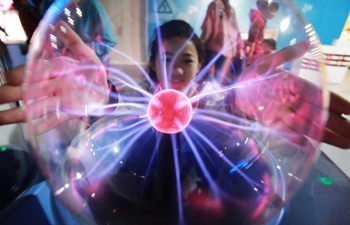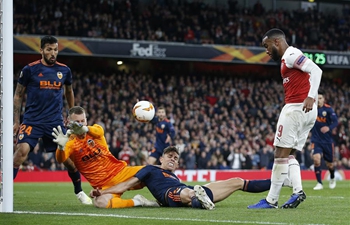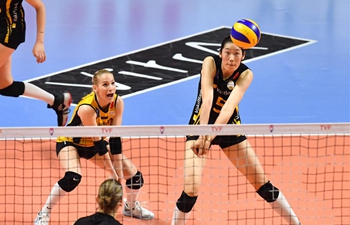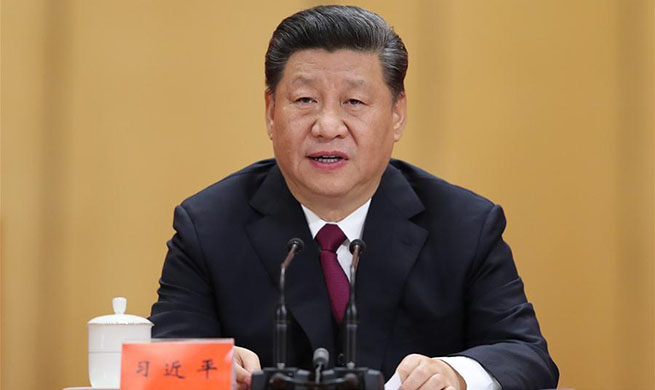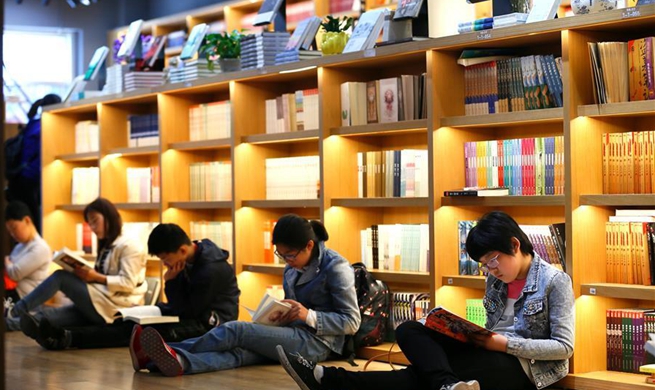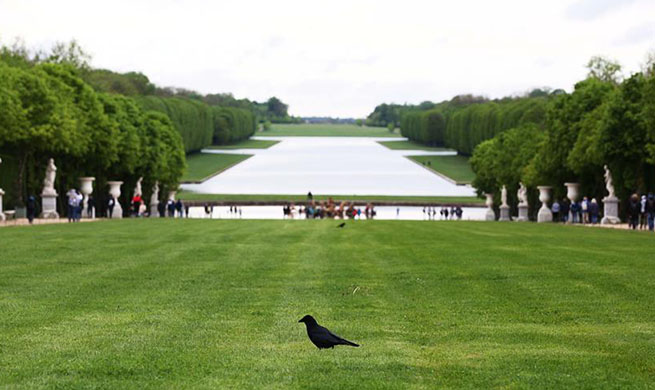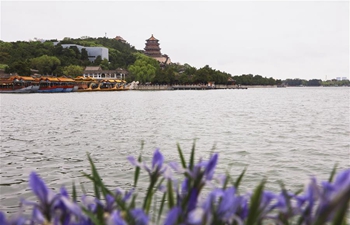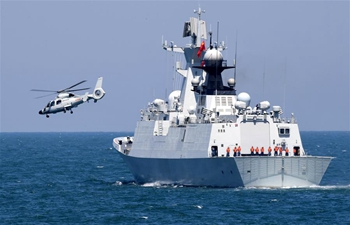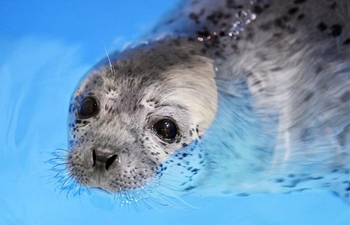CHICAGO, May 3 (Xinhua) -- More than 300 scholars from China and the United States are gathering at the University of Chicago Laboratory Schools in Chicago to mark the 100th anniversary of John Dewey's trip to China and share thoughts on education of the two countries.
Charles Abelmann, director of the University of Chicago Laboratory Schools, extended his warm welcome to scholars from both countries at the opening ceremony of the "Centennial Colloquium on Dewey Then and Now" on Thursday.
He said that the three-day meeting will present an opportunity for researchers, policymakers and practitioners to "wrangle with important issues in education and advance the best ideas."
James Heckman, a Nobel laureate and a microeconomics professor at the University of Chicago, delivered a keynote speech themed "Building the skills that matter." He highlighted Dewey's vision of education as learning by doing and emphasis on problem-solving and critical thinking as well as on interaction and meeting challenges.
Heckman agreed with Dewey's vision that "good schools do not just pack information into heads of students." Instead, they prepare students for real life and assess students by deeds and projects and not exams.
Education is "learning to learn and lifelong learning," Heckman said.
Zhao Jian, Chinese consul general in Chicago, appraised Dewey as a well-known philosopher and educator of the 20th Century who has a far-reaching impact on China's education in modern history.
"One hundred years on, Dewey's educational thoughts are still influencing educational debates in China," Zhao said. "During more than two years' stay in China, he forged a deep attachment to China and the Chinese people and heavily engaged in the promotion of cultural exchanges between China and the West."
The China-U.S. friendship Dewey cared about and supported has taken root in the hearts of the people, he added.
Zhao expressed the hope that Dewey's China story will inspire further exchanges between China and the United States to mutual benefit and common development.
At the three-day colloquium, the scholars will share and exchange views on such topics as Dewey's lectures during his 1919-1921 trip in China, current challenges in Chinese education, Dewey's influence on the Chinese school system, and China and the United States in the perspectives of Chinese school leaders.
Chinese artist Li Fushun has traced Dewey's steps in China and created more than 20 art works to showcase Dewey's lecturing and life in China, of which 20 pieces have been put on display at the University of Chicago during the colloquium.
John Dewey was an American philosopher, psychologist, and educational reformer who founded the University of Chicago Laboratory Schools in the late 1800s. During his trip to China in 1919-1921, Dewey visited 13 provinces and cities and gave nearly 200 lectures, and his educational thoughts were widely shared in China.
